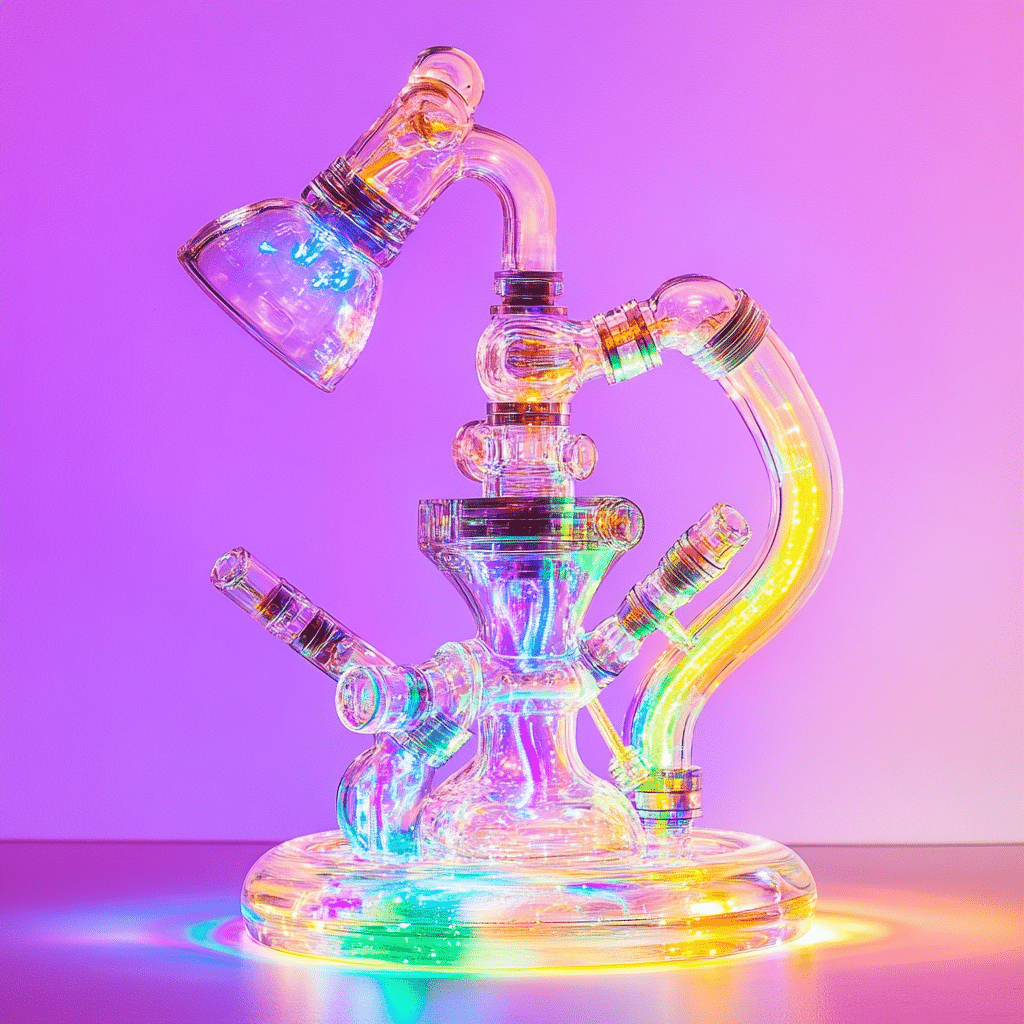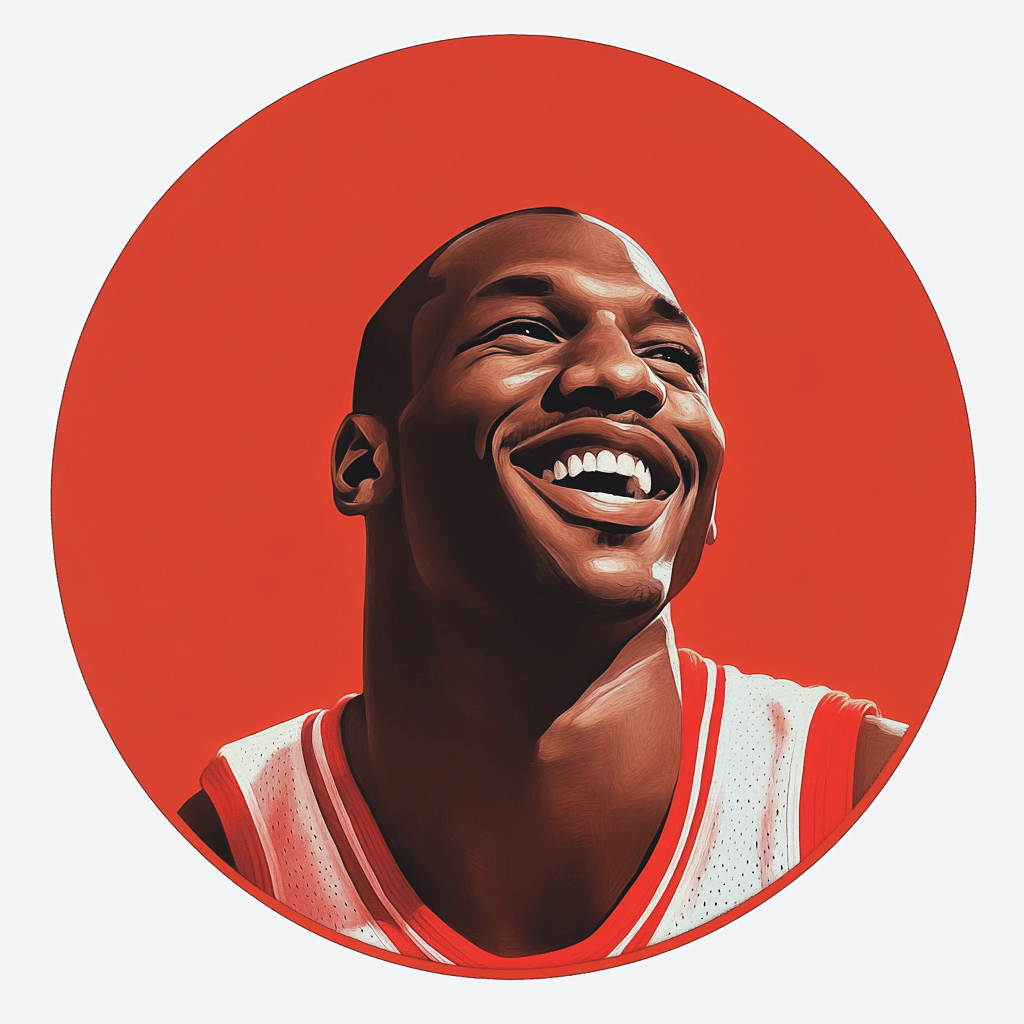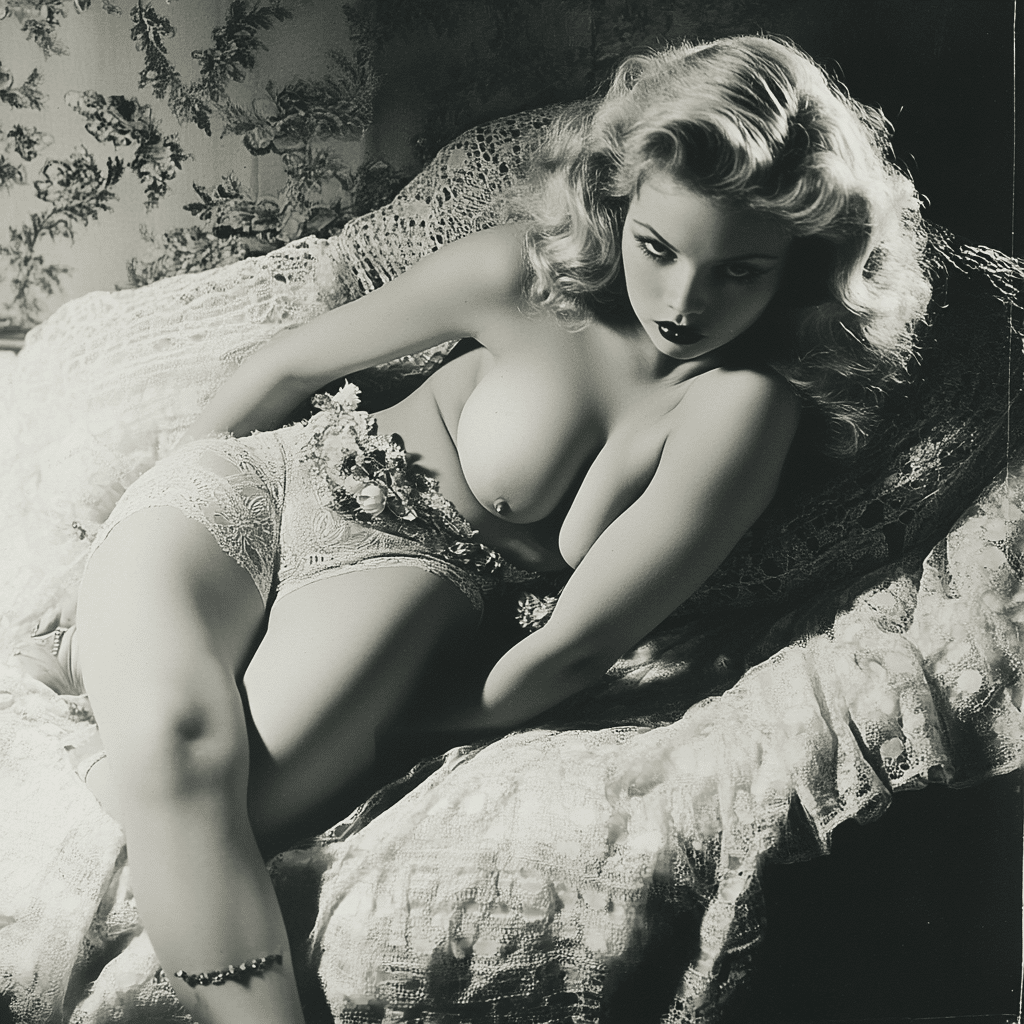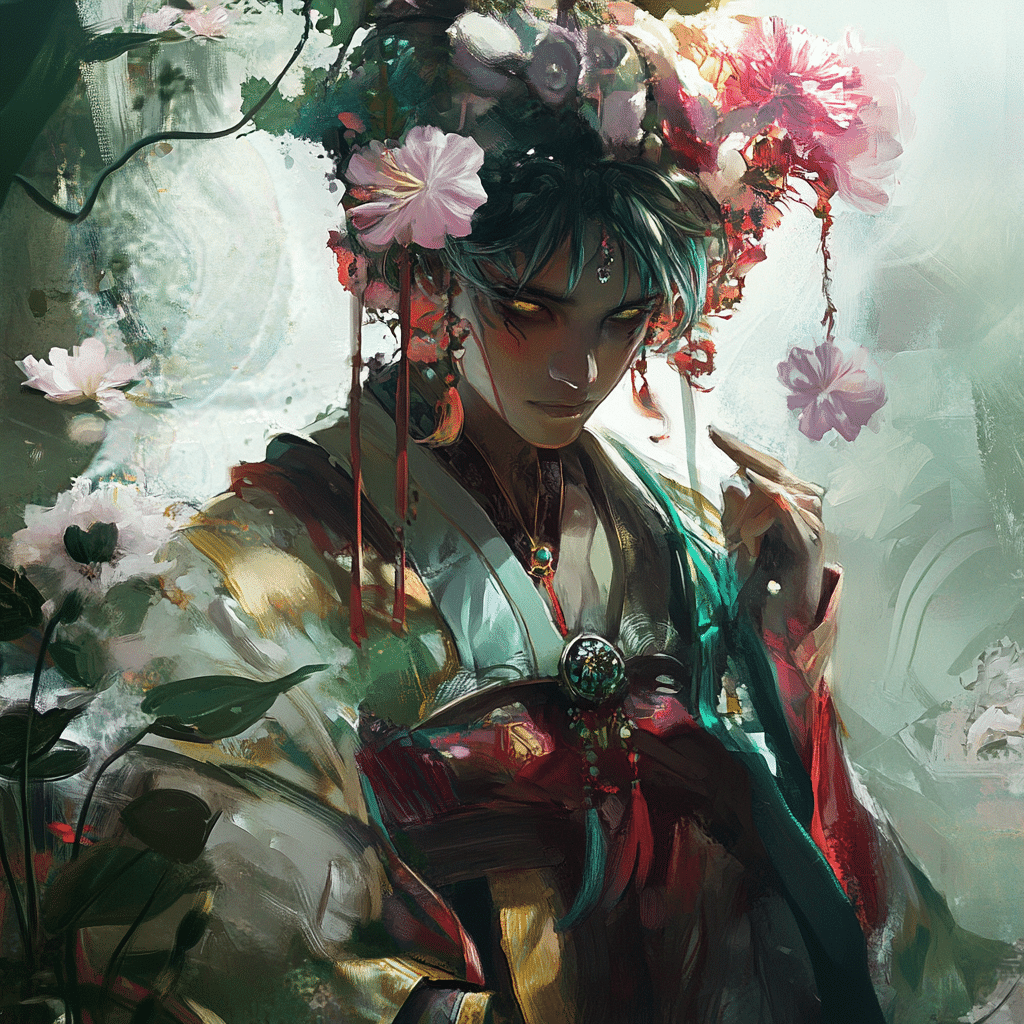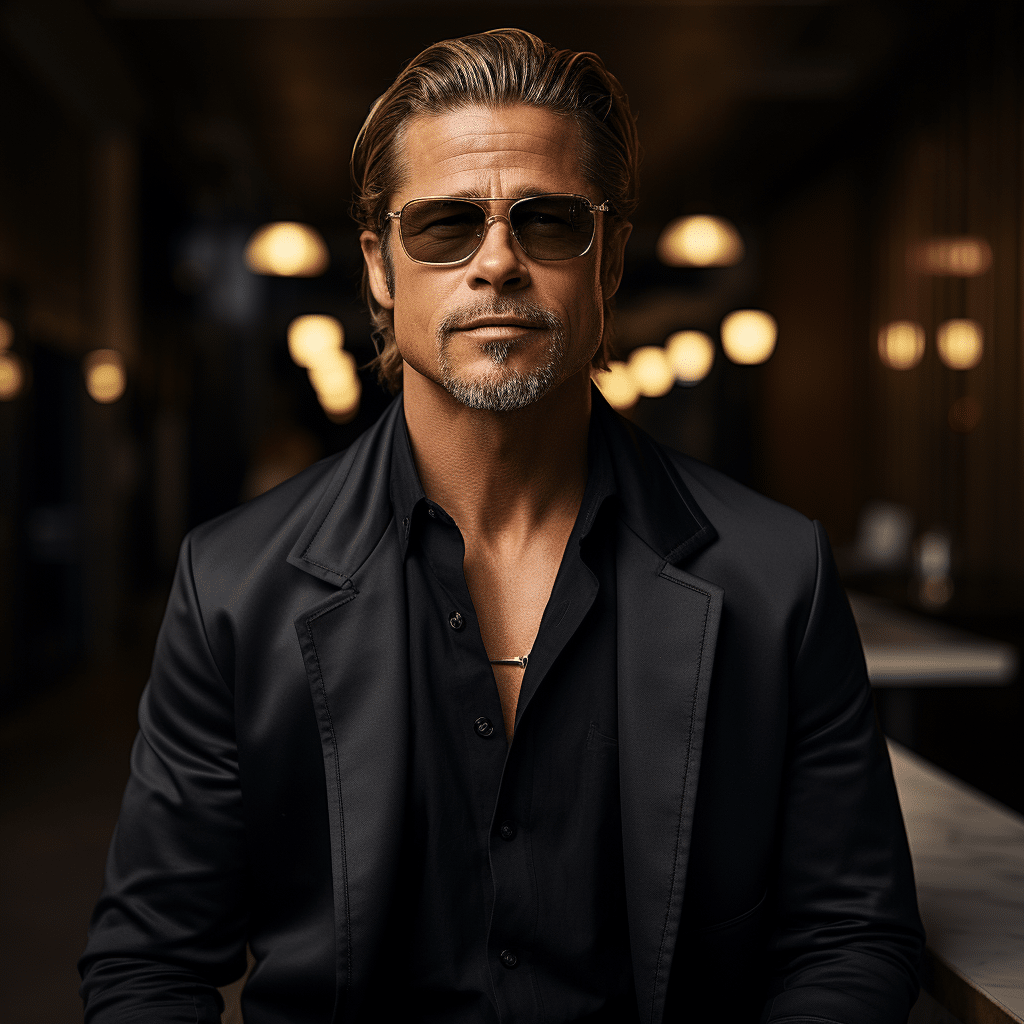The Legacy of Willy Wonka: A Trendsetter in Confectionery Wonders
Picture it: a man who could turn a desert into a dreamscape of sugary bliss with just a twirl of his cane. Willy Wonka, a name that echoes through the halls of childhood nostalgia like the sweet scent of chocolate. Stemming from Roald Dahl’s genius, Willy Wonka is a touchstone of creativity that has its sticky fingers in more pies than just the page. Gene Wilder’s iconic and emotionally ambiguous portrayal of Willy Wonka hit the silver screen in 1971, taking with it a part of our collective imagination. Sadly, Wilder left us in 2016, but his legacy of ingenious whimsy lives on.
Wonka’s influence on the sugary snack industry is unmistakable. Take, for example, the Wonka bars that ensued following the character’s chocolate craze, with their packaging echoing that peculiar Wonka flair. And it’s not all child’s play; innovative startups often channel Wonka’s off-the-wall thinking when brainstorming their next big thing. Craft chocolate makers might not have a river of chocolate, but they sure do strive for a sprinkle of Wonka’s innovativeness in every bar.
Unwrapping the Willy Wonka Brand: Marketing Genius meets Childhood Fantasy
Let’s face it, Willy Wonka didn’t just make candies; he made masterpieces that tickled the heart as much as the tastebuds. His marketing strategy? Pure, golden-ticket genius. Brands aiming to capture a slice of our childhood wonder have often borrowed from Wonka’s playbook. Remember that golden ticket craze, enveloping the globe in a delicious fever of anticipation? That’s the kind of stunt that gives marketing moguls a run for their money. Nestlé even once released a real-life Willy Wonka chocolate line, pitching products straight out of the pages of Dahl’s book. The fusion of a cherished story with a bit of modern branding sorcery practically sells itself.
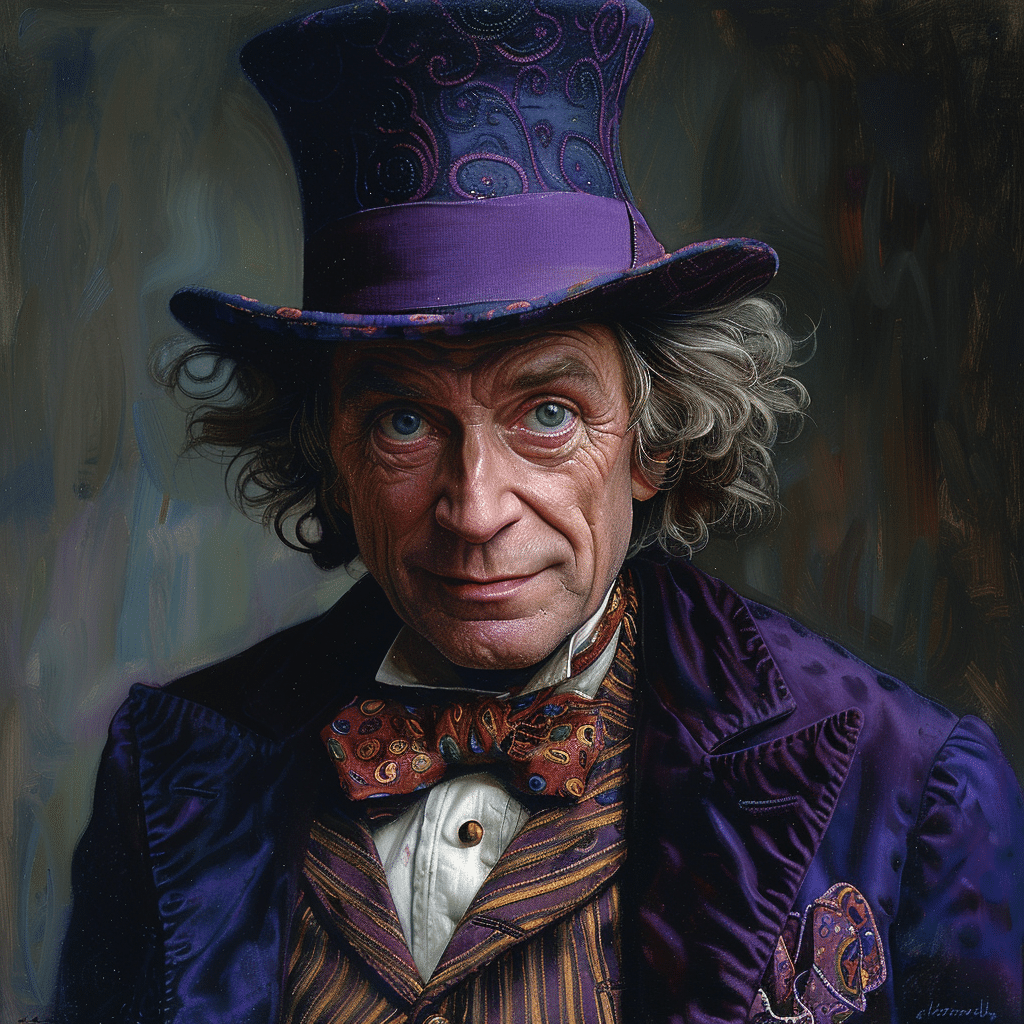
| **Aspect** | **Details** |
|---|---|
| Character Name | Willy Wonka (Willard Wilbur Wonka) |
| Portrayed By | Gene Wilder (1971 film) |
| Appearances | – Charlie and the Chocolate Factory (Novel, 1964; Film, 1971) – Charlie and the Great Glass Elevator (Novel, 1972) – Wonka (Prequel film, 2023) |
| Occupation | Owner and founder of the Wonka Chocolate Factory |
| Character Traits | Eccentric, creative, ambiguous, possibly indicative of schizotypal personality disorder |
| Notable Traits in Film | Gene Wilder’s portrayal with a limp and subsequent somersault in the introduction scene |
| Cultural Impact | Gene Wilder’s portrayal of Willy Wonka is iconic and has left a lasting impression on pop culture |
| Golden Ticket Contest | Hidden in five Wonka Bars, provides a tour of the factory and a lifetime supply of chocolate |
| Movie Facts | – Directed by Mel Stuart – Cheaper to film in Munich, West Germany – Roald Dahl wrote the original screenplay |
| Main Messages | Promoting kindness, humility, and honesty; Consequences for greed and arrogance |
| Gene Wilder | – Birth: June 11, 1933 – Death: August 29, 2016 (complications from Alzheimer’s) – Legendary roles in “Young Frankenstein” and “Blazing Saddles” |
| Charlie Bucket | Portrayed by Peter Ostrum in the 1971 film; the character becomes Wonka’s successor |
| Controversial Moment | Charlie Bucket stealing Fizzy Lifting Drinks, violating the terms of the factory tour, but ultimately redeems himself |
| Willy Wonka’s Background | Happy childhood, admired due to his father’s fame; personality and emotions become more complex over time |
| Ticket Winners | Augustus Gloop, Veruca Salt, Violet Beauregarde, Mike Teavee, Charlie Bucket |
| Legacy | Willy Wonka remains a symbol of the magic and mystery of childhood, the power of imagination, and the consequences of one’s actions; Gene Wilder’s performance is particularly celebrated. |
Behind the Golden Ticket: Willy Wonka as a Cultural and Economic Phenomenon
Imagine chucking your boss hat and donning a top hat instead. That’s the move Willy Wonka signifies in the cultural lexicon. Fantasy meets reality when companies use the idea of a ‘Golden Ticket’ to ignite a spark in monotonous marketing campaigns, spicing things up like cinnamon in a chocolate bar. The concept has broken barriers, turning industrial environments like Universal Studios’ Chocolate Factory into pockets of Wonka-inspired delight, contributing to both our wildest childlike fantasies and the robust, real-world economy.
Ingredients of Success: How Willy Wonka Teaches Innovation in Product Development
The guy was a maverick—even the candy man knew that a dash of danger could mean a feast of success. Willy Wonka was all about mixing the unthinkable, and that’s a lesson worth savoring. Chocolatiers and confectioners wave their Willy Wonka wands, and voilà—matcha-infused chocolate frogs or AI-invented flavor combos. Business bigwigs might not have a chocolate waterfall, but they’re certainly not shy about stirring up the pot—or vat, if you will.
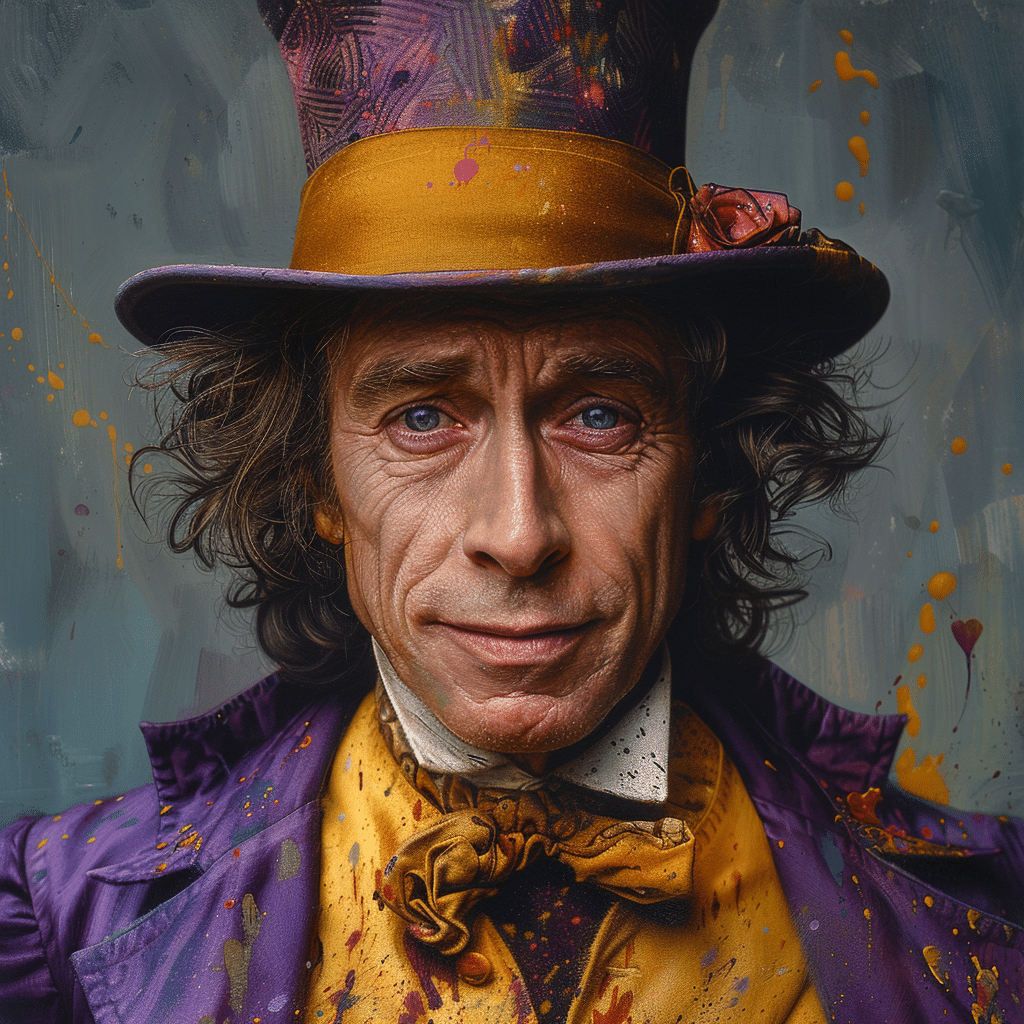
Crafting a World of Pure Imagination: Willy Wonka’s Influence on Design and Architecture
Who said factories had to be dull? The chocolate connoisseur’s factory was more than a munchies mill; it was a marvel of screws and sweets. Designers and architects have nibbled on the idea, creating whimsical spaces where walls can speak and ceilings can sing—metaphorically, of course. You might not find a fizzy lifting drink fountain at your local mall, but don’t be surprised if you catch whiffs of Wonka’s wild world in its playful layout.
The Psychology of Willy Wonka: Understanding the Appeal of Imagination in the Modern World
Why does this fantastical factory keep us hooked? Simple: Willy Wonka tickles the brain as well as the sweet tooth. The enchantment of a mythical factory resonates within our gray matter, offering a tantalizing escape from the humdrum of reality. Nostalgia’s a powerful seasoning, folks, and one that keeps the dream of Wonka alive and well within our adult lives.
Willy Wonka’s Ethical Conundrum: Balancing Whimsy with Social Responsibility
Let’s not sugarcoat it; Willy Wonka’s world is a paradox wrapped in a riddle, dipped in chocolate. It’s not all smooth sailing in the SS Wonka. The oompa-loompas and the nature of Wonka’s contests raise eyebrows like Grandpa Joe on helium. It’s a narrative that candies over complex issues, offering us a peephole into the balance companies must strike between fostering wonder and holding onto their moral licorice ropes.
A Taste of Tomorrow: How Willy Wonka Continues to Shape the Future of Creativity
The spirit of Willy Wonka is unmelting, morphing with each technological advance—virtual reality candy tasting, anyone? The Wonka world’s combination of old-school charm and futuristic fancy keeps imaginations running like chocolate rivers long into the future. Companies chasing tomorrow’s rainbow are well-advised to snatch a leaf out of Wonka’s spellbook.
From the fizz of lifting drinks to life’s bitter bricks, Willy Wonka is more than a cautionary tale clad in candy. It’s a narrative steeped in lessons for clever entrepreneurs and doe-eyed dreamers alike. The Great Glass Elevator may not be parked outside, but heaven knows the Wonka ethos is the key to a world of innovation and indulgence we all crave. And that, my friends, is the sweetest truth of them all.
For the curious and ambitious souls out there, remember: “We are the music makers, and we are the dreamers of dreams.” Keep on concocting, boys. Keep on concocting.
Delving into Willy Wonka’s Whimsical Trivia
Ever wonder how Willy Wonka’s fantastical confectionery empire could mirror real-world ingenuity? Well, hold onto your golden tickets, because we’re about to dive into some truly scrumptious trivia. Rest assured, you won’t need an Amazon personal shopper to snag these sweet facts—they’re delivered straight to your imagination!
The Essence of Extravagance
You might think the world of Willy Wonka is all about chocolate rivers and everlasting gobstoppers, but have you heard about the time when an auction time piece was rumored to be hidden amongst the candy? That’s right, a fantastical treasure trove echoing the allure of Wonka’s golden tickets, making everyone’s stakes as high as when the Windsor Castle fire threatened priceless artifacts. Yet, just imagine navigating a Wonka factory filled not only with sweets but treasures beyond your wildest dreams!
The Chocolatey Cast
Talking about sweeping you off your feet, the original Willy Wonka movie cast had more layers than a Wonka bar, each actor with a tale more flavorful than the last. They might not be part of The sinner Season 4 cast, but their eccentricities would’ve complemented any murder mystery. And while on the subject of celebrity—did you know that Andy Roddick, the tennis ace, once claimed Willy Wonka was his go-to movie for match preps? Sweet inspiration for sweet victory, indeed!
In conclusion, the whims of Willy Wonka’s world are a testament to the endless possibilities of creativity. Whether it’s an auction house-caliber treasure or a casting decision as surprising as a gobstopper’s final flavor, every bit of trivia adds to the limitless allure of Willy Wonka’s pure imagination. Who knows what you’ll discover next—perhaps a fact as obscure as your favorite retired actor’s Aanh or as startling as the latest trendy wardrobe selection from Forman Mills. Stay curious, for in Willy Wonka’s world, the extraordinary is always just around the corner.
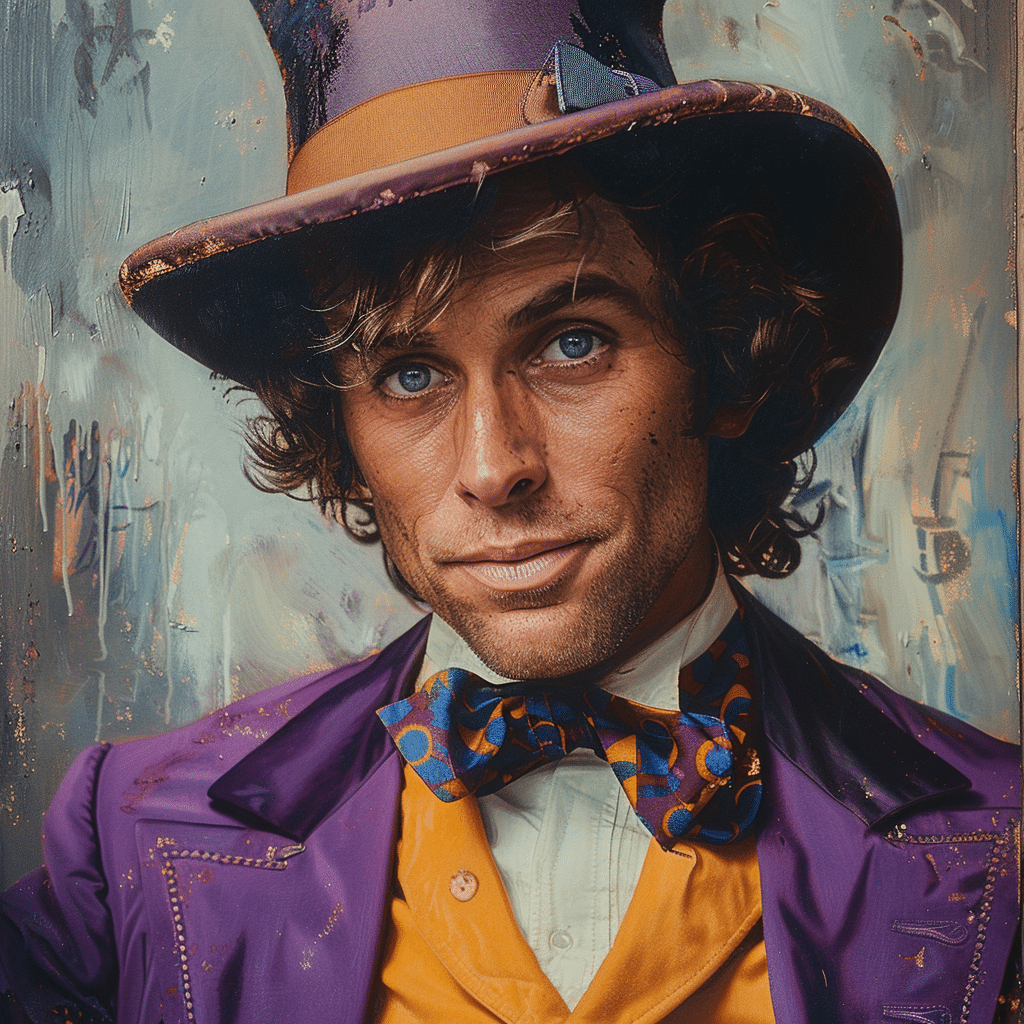
How old was Willy Wonka when he died?
Gene Wilder was 83 years old when he passed away.
What is Willy Wonka diagnosed with?
Willy Wonka’s behavior suggests he exhibits symptoms characteristic of schizotypal personality disorder.
Why was Willy Wonka filmed in Germany?
The decision to film in Germany was twofold: it was less expensive than filming in the United States, and the locations around Munich offered the perfect, somewhat mysterious backdrop for the whimsical and secretive chocolate factory.
Why did Charlie lose in Willy Wonka?
During the movie, Charlie was deemed to have stolen Fizzy Lifting Drinks, breaking the agreement with Wonka, which is why he initially loses the chance to inherit the factory.
How old is Wonka Candy?
Wonka Candy, inspired by the world of Willy Wonka from the book and movies, has been delighting fans with its whimsical treats since 1971.
What year is Wonka set in?
The story of “Willy Wonka & the Chocolate Factory” is set in no specific time period, keeping the story timeless; however, the original movie was released in 1971.
How does Wonka end?
In the 1971 film, peaceful resolution is met when Charlie returns the Everlasting Gobstopper to Wonka, proving himself honest. Wonka reveals that this was the final test, and he then declares Charlie the winner, offering him the entire factory as a reward.
What language does Wonka speak?
The character Willy Wonka, being from the UK in the books, would primarily speak English, with the films adapted in various languages for international audiences.
Who betrayed Wonka?
No one betrays Willy Wonka within the context of “Willy Wonka & the Chocolate Factory.” However, in the story, some might perceive the other ticket holders’ actions as betrayals of the spirit of Wonka’s contest.
How long was Grandpa Joe in bed?
Grandpa Joe had spent twenty years in bed before rising to accompany Charlie to the Wonka Factory.

